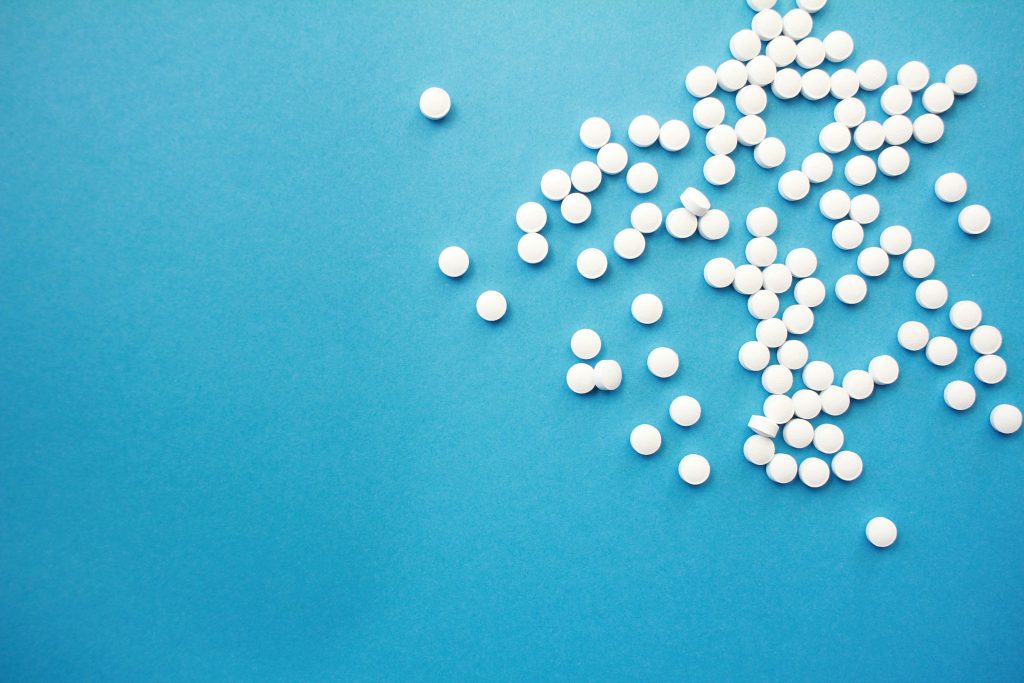Adderall Addiction on the Rise
Adderall is a prescription stimulant medication that contains a combination of amphetamine and dextroamphetamine. It is primarily prescribed to treat attention deficit hyperactivity disorder (ADHD) and narcolepsy. However, in recent years, Adderall has gained popularity among individuals without ADHD as a cognitive enhancer and performance booster. This medication is known for its ability to increase focus, attention, and alertness, making it appealing to students, professionals, and anyone seeking to improve productivity. However, the misuse and abuse of Adderall can have serious consequences, leading to addiction, physical health problems, and psychological issues. At Pacific Beach Health, we recognize the significance of addressing Adderall addiction and providing effective mental health treatment to those in need.
The Appeal of Adderall: Why It's on the Rise
- Enhanced Performance: Adderall’s ability to increase focus and concentration makes it appealing for students, professionals, and individuals seeking to meet demanding deadlines.
- Social Pressure: Peer pressure and societal expectations contribute to the normalization of Adderall use as a means of coping with stress and achieving success.
- Accessibility: The widespread availability of Adderall, both legally through prescriptions and illegally through illicit sources, makes it easily accessible to individuals of all ages.
The Cycle of Addiction

Recognizing the Signs and Symptoms
Identifying Adderall addiction can be challenging, as many individuals may initially justify their use as a means of improving productivity or coping with stress. However, there are several telltale signs and symptoms to watch for:
- Increased Tolerance: Needing higher doses of Adderall to achieve the same effects.
- Withdrawal Symptoms: Experiencing symptoms such as fatigue, depression, and irritability when not using Adderall.
- Neglecting Responsibilities: Prioritizing obtaining and using Adderall over responsibilities at work, school, or home.
- Continued Use Despite Consequences: Using Adderall despite experiencing negative physical, psychological, or social consequences.
The Importance of Seeking Help
Our Approach to Mental Health Treatment
At Pacific Beach Health, we take a holistic approach to mental health treatment, addressing the physical, emotional, and psychological aspects of addiction. Our programs are tailored to meet the unique needs of each individual, combining evidence-based therapies, medication-assisted treatment, and holistic modalities to promote healing and recovery. Some key components of our treatment approach include:
- Individual Therapy: One-on-one counseling sessions with experienced therapists to explore underlying issues and develop coping strategies.
- Group Therapy: Peer support and camaraderie in a safe and nurturing environment, allowing individuals to share experiences and learn from one another.
- Family Therapy: Involving loved ones in the recovery process to rebuild trust, improve communication, and strengthen support networks.
- Medication Management: Monitoring and adjusting medications as needed to address co-occurring mental health disorders and manage withdrawal symptoms.
- Holistic Therapies: Incorporating activities such as yoga, mindfulness meditation, art therapy, and nutrition counseling to promote overall well-being and balance.
Life in Recovery: Beyond Addiction
Your Journey Starts Here
Don’t let Adderall addiction control your life any longer. Take the first step towards recovery by reaching out to Pacific Beach Health today at 858-295-8694. Our compassionate team is here to provide guidance, support, and hope as you embark on the path to healing and transformation. You are not alone—we are here for you every step of the way.
FAQ's
Resources
- https://pubs.niaaa.nih.gov/ publications/practitioner /PocketGuide/ pocket_guide2.htm
- https://www.cdc.gov/alcohol/ fact-sheets/moderate-drinking.htm
- https://www.webmd.com/ mental-health/addiction/ news/20120111/study-sheds-more-light-on-why-some-get-alcoholism#1
- https://www.niaaa.nih.gov/ publications/brochures-and-fact-sheets/alcohol-facts-and-statistics
- https://www.alcohol.org.nz/ alcohol-its-effects/about-alcohol/what-happens-when-you-drink-alcohol
- https://www.healthline.com/ health/what-does-it-feel-like-to-be-drunk
- https://www.healthline.com/ health/addiction/alcohol
- https://www.healthline.com/ health/alcohol/effects-on-body


